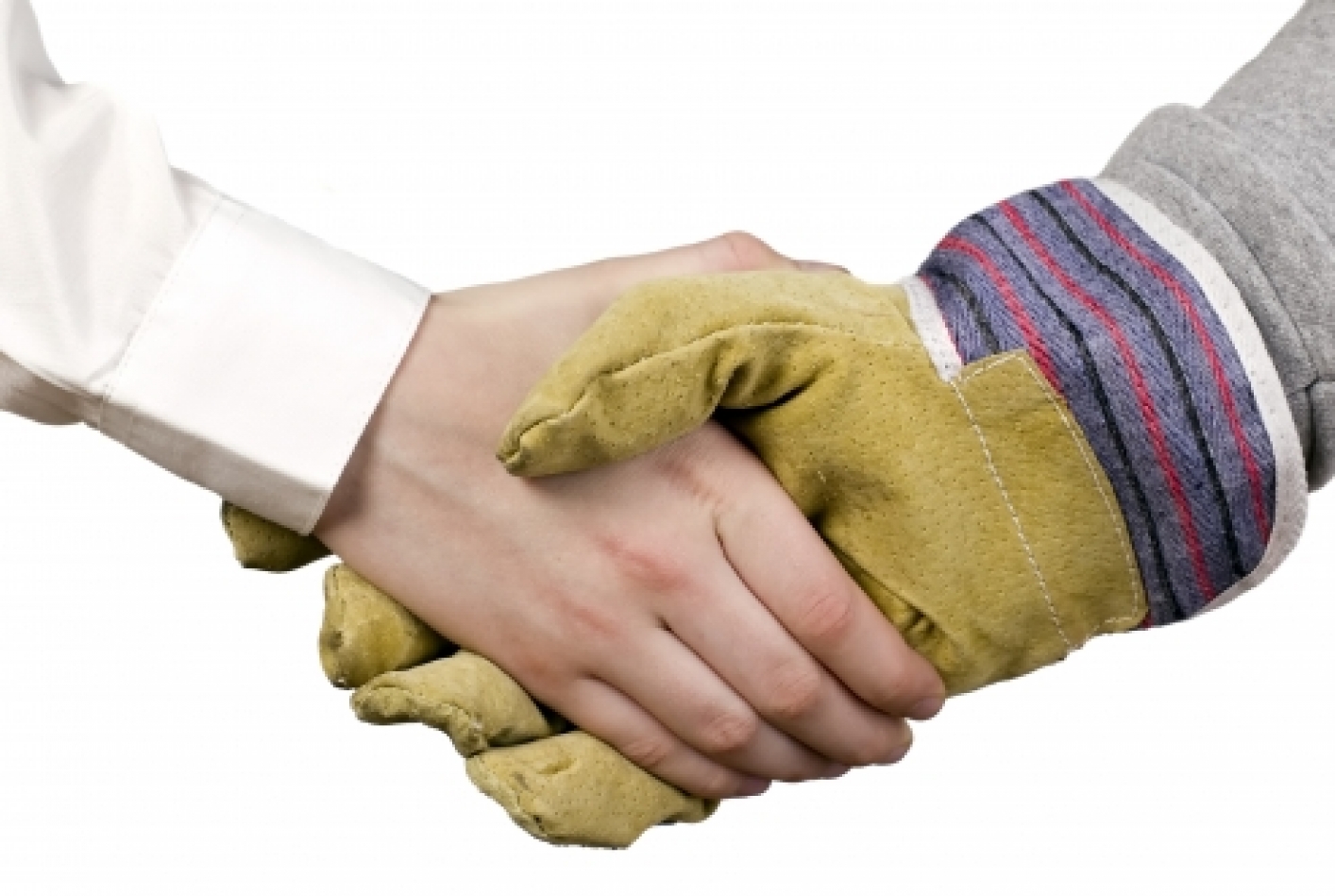
Rationale
The Netherlands is highly dependent on the import of resources: more than two-thirds of our raw materials are sourced from abroad. The global scarcity in raw materials and rising resource prices make our economy vulnerable. A smarter approach to the use of resources therefore presents new opportunities. This may result in cost savings, innovation and new earning opportunities for the Netherlands. Initiatives to this end are already underway in many places in the Netherlands: several companies are by now operating according to circular principles, such as DSM, Desso and Van Houtum paper; provinces are exploring the themes in their strategic policy development; and a clear shift is also noticeable among citizens, with a growing number of local sharing companies, product reuse through thrift shops and new services such as clothing libraries or repair cafés. According to the Rli, the challenge for the Netherlands is to build on the existing activities and to create more cohesion, thus spurring the circular economy to develop from an experiment to common practice.
Key recommendations
In the advisory report the Council presents a number of recommendations to the State and to provinces, regions and municipalities. The Council also calls for the further development of a circular economy in Europe through the Dutch presidency of the EU.
The crux of the recommendations is to encourage the State to draw up a government-wide circular agenda and link this to strategic goals and concrete actions for the different departments. In this way, a shared dot on the horizon is linked to concrete implementation measures. Using the inherent strengths of each party as a starting point, the various ministries should take specific measures which are in line with their task descriptions. In the advice, proposals are made to this end, among other things through an enterprise policy that focuses on promising chains that serve as a figurehead for the Dutch circular economy; proposals for a well thought-out government policy on infrastructure and logistics to support changing transport flows in the Netherlands; and a prominent position for the circular economy on the National Science Agenda.
Using inherent strengths as a starting point must also be at the heart of the policies developed by local and regional governments. Some of the actions ensuing from those policies are standard measures that each local or regional government body should take: for example, the separation and recycling of waste flows needs to be properly organised in each municipality. Other actions consist of building on and fortifying the inherent strengths in the region (such as economic activity, specific flows et cetera). This is how regions distinguish themselves from one other, each with a specific mix of regeneration, sharing economy, the aim to realise a zero waste region and the exchange of residual flows between companies (industrial symbiosis). In conclusion, it is essential that government bodies set the right example at all scale levels, for example through a purchasing and procurement policy based on circular starting points.
Publication date
The advisory report ‘Circular economy: from wish to practice’ was presented to the Minister of Economic Affairs and the Minister for the Environment on June 18, 2015.
Hearing EESC ‘Making the circular economy happen’ 28 January 2016
Circular economy: On the 28th of January 2016 the European Economic Social Committee (EESC) organised a hearing ‘Making the circular economy happen’. Stakeholders were asked to give their opinion on the European Circular Economy package, which the European Commission presented on 2 December 2015. The EESC will gather these inputs for his opinion on the European Circular Economy package. Colleague advisory councils (EEAC) informed the Rli about this possibility to give input.
The advisory report of the Rli ‘Circular economy: from wish to practice’ (June 2015) gives a systematic approach for all governmental levels. The input for the EESC is written accordingly to this systematic approach.
Read the input for the hearing EESC ‘Making the circular economy happen’ (pdf 140Kb)